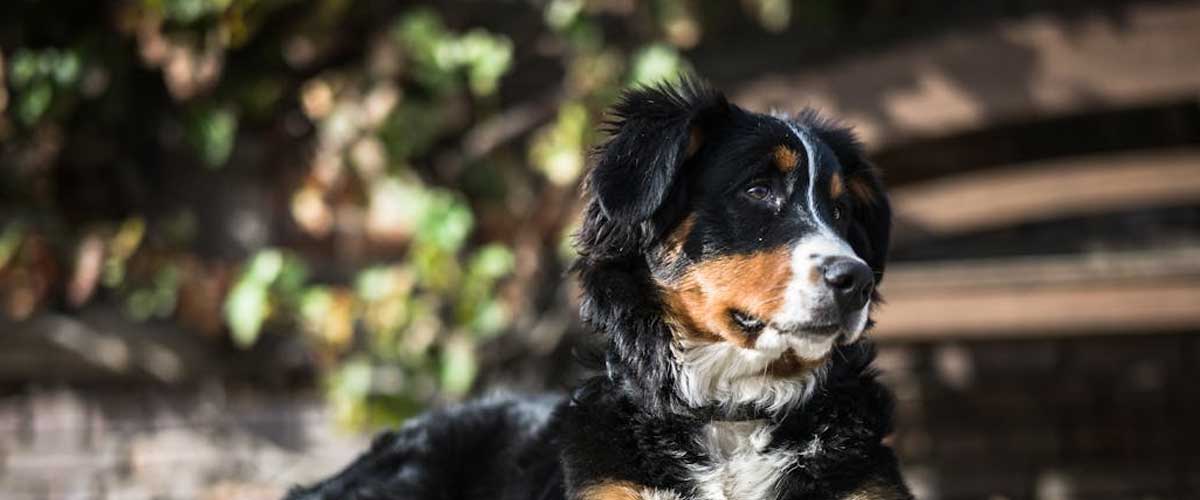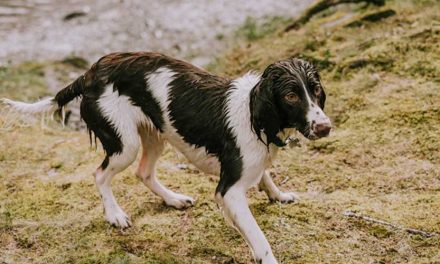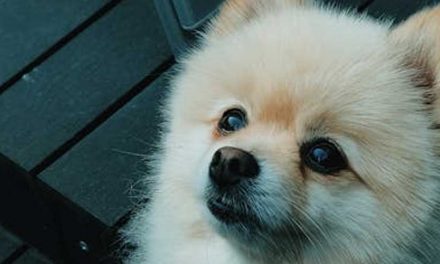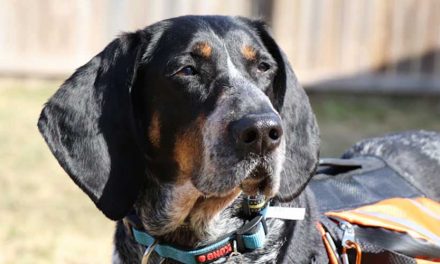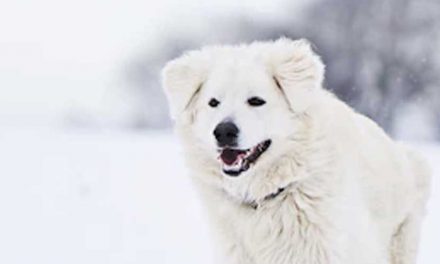The Bernese Mountain Dog, known affectionately as the “Bernese” or “Berner,” is a strikingly beautiful breed with a rich history and a gentle temperament.
Originating from the Swiss Alps as a working dog, these large canines are known for their robust build, distinctive tri-color coat, and affectionate nature.
History and Origins
The history of the Bernese Mountain Dog can be traced back to ancient times, where they were favored for their versatility and strength.
Farmers in the Bernese Oberland region utilized these dogs primarily for herding livestock, guarding property, and pulling carts laden with goods.
Their ability to withstand harsh weather conditions and their intelligence made them invaluable companions on the farms of Switzerland.
The breed was first recognized by the Swiss Kennel Club in the 1910s, and since then, they have gained popularity worldwide due to their friendly demeanor and adaptability in family settings.
Physical Characteristics
Bernese Mountain Dogs are known for their impressive size and strength.
Males typically weigh between 80 to 115 pounds, while females can range from 70 to 95 pounds.
They have a thick, long, tri-color coat (black, white, and rust) that not only adds to their beauty but also provides insulation against cold weather.
Their large, expressive eyes and gentle face give them a lovable and approachable appearance.
The breed is characterized by a powerful build, with a broad head and strong neck, supported by sturdy legs that allow for both agility and endurance.
Despite their size, they are known for their graceful movements, particularly when running.
Temperament and Personality
One of the most endearing qualities of the Bernese Mountain Dog is their calm and gentle temperament.
They are known for being affectionate, loyal, and good-natured, making them excellent family pets.
Berners are typically good with children and can be quite protective of their families.
Socialization is key in raising a well-adjusted Bernese Mountain Dog.
Early exposure to different environments, people, and animals can help prevent any potential shyness and fearfulness.
They thrive on companionship and can suffer from separation anxiety if left alone for long periods.
These dogs are intelligent and eager to please, which makes them relatively easy to train.
Positive reinforcement techniques work best, as Berners respond well to reward-based training.
Exercise and Grooming
Due to their size and energy levels, Bernese Mountain Dogs require regular exercise to maintain their physical and mental health.
Daily walks, playtime, and opportunities to run in a secure area are important for keeping them happy.
They enjoy activities like hiking, making them great companions for outdoor enthusiasts.
In terms of grooming, their thick, double coat sheds year-round, with heavier shedding occurring during the spring and fall.
Regular brushing, at least once or twice a week, will help keep their coat healthy and reduce loose hair in the home.
Early grooming experiences can help make these dogs accustomed to being handled.
Health Considerations
Bernese Mountain Dogs are generally healthy, but like all breeds, they can be prone to certain health issues.
Common concerns include hip and elbow dysplasia, certain types of cancer, and heart conditions.
Regular veterinary check-ups, a well-balanced diet, and maintaining a healthy weight can contribute to their well-being.
Conclusion
The Bernese Mountain Dog is a beloved breed known for its loving nature and impressive stature.
With the right care, training, and socialization, they can be wonderful companions, bringing joy and warmth to any household.
Their gentle disposition and willingness to form deep bonds with their families make them not just pets but true family members.
Whether you’re looking for a loyal friend or a protective guardian, the Bernese Mountain Dog, with its loving temperament and striking appearance, is sure to fit the bill.

